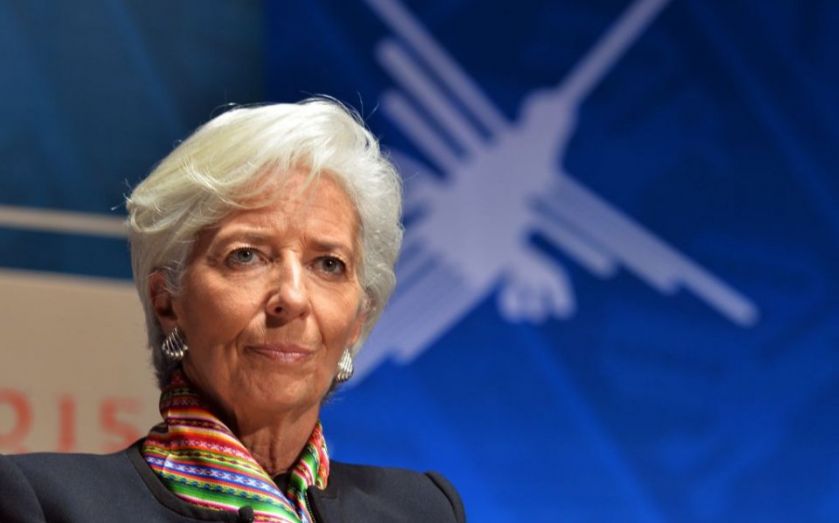IMF tells China to let currency trade freely

China’s government is being urged to liberalise more of its economy, and let markets operate more freely in its finance sectors.
The International Monetary Fund (IMF) yesterday urged the authorities to let its currency, the renminbi, trade freely, and asked the government to target a free-floating exchange rate in the next two to three years.
Other countries like the US have long complained that the Chinese authorities have artificially held down the value of the renminbi, to boost exports by making domestic Chinese firms more competitive, relative to foreign firms.
But the currency has been allowed to rise gradually, and now the IMF believes there will be no sudden jump if exchange rate controls are removed.
“While undervaluation of the renminbi was a major factor causing the large imbalances in the past, our assessment now is that the substantial real effective appreciation over the past year has brought the exchange rate to a level that is no longer undervalued,” the IMF’s mission to China said in a statement.
“We believe that China should aim to achieve an effectively floating exchange rate within two to three years.”
The mission also urged China to free up interest rates on bank deposits, to encourage competition, to allow banks to attract appropriate amounts of funds, and to enable monetary policy to affect markets appropriately.
But overall the IMF’s observers were pleased that China’s economy has not ground to a halt, and instead appears to be able to grow at a slower but more sustainable pace.